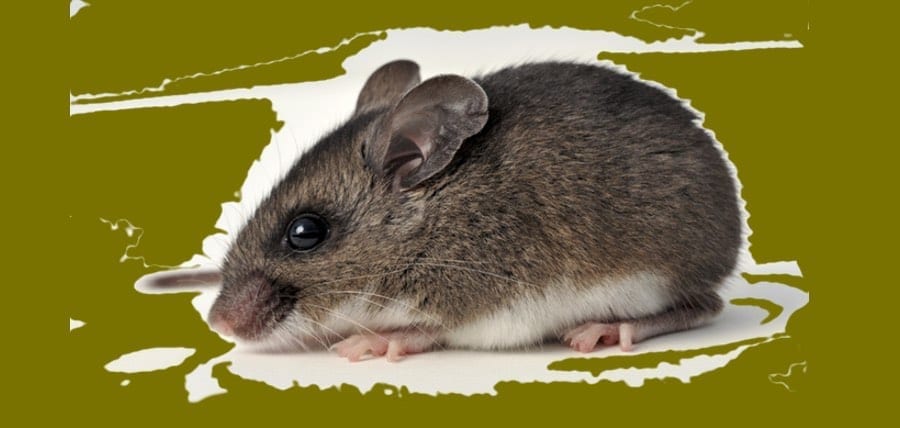Peromyscus Maniculatus – Deer Mouse
Preparing your home for the fall and winter includes making sure your house is free of pests. The deer mouse is one of the rodents that is common in New Jersey. There’s a chance you may see them in or around your home, especially if you live in a rural area. If you’ve ever seen a rodent on your property, here are some deer mouse facts you need to know.
Where Does the Deer Mice Live?
Deer mice (Peromyscus Maniculatus) live in badlands, cliffs, and forests. They also make their homes in tree stumps. During the winter, the mice live under the snow to keep warm. If there are lots of trees or grass in an area, there is a good chance deer mice can survive there. However, the rodents do avoid wetland areas. The mice can live under rocks, and they also make homes in burrows. Sometimes deer mice make the burrows themselves. In other instances, they use the burrows of other animals. This is why you’re more likely to find these rodents outdoors. However, check your attic, basement or shed for deer mice in the fall and winter. The mice often go to these places to protect themselves from the cold weather.
How Does a Deer Mouse Live?
Deer mice don’t travel far to live once they become adults. Usually, the mouse stays within 10 acres of the home it has established. This means once you discover deer mice on your property, it can be hard to get rid of them. Scientists have also proven that deer mice have the ability to find their way home after traveling 2 miles. Those who study animals professionally are still not sure how the rodents do this.
A group of deer mice consists of about 15 rodents. During the mating season, the mice may cohabitate in pairs. The male often takes care of the young while the female is delivering the new litter. However, some female deer mice drive their mates away, so they can deliver and care for the litter alone. The mice come out to look for food at night or right before dawn.
How Long Does a Deer Mouse Live?
Deer mice usually live for two to 24 months. This lifespan is accurate if the mouse lives in areas where there is a lack of food. The deer mouse lifespan is also cut short because of predation. However, if the mice are in captivity, they can live for up to eight years.
Are Deer Mice Dangerous?
The mice themselves are not harmful to humans. However, the feces and urine of deer mice can carry the hantavirus. This sickness can affect humans adversely. Scientists discovered the disease in 1993. Since then, about 50 percent of the people who have contracted the virus have died. According to The Spruce, 12 people contracted the hantavirus when visiting Yosemite National Park. Three of these individuals had passed away by autumn. White-footed mice, cotton rats, and rice rats also carry the disease. Make sure you properly seal your home and garage. This can keep the disease from spreading. Hiring a professional exterminator may also be necessary to remove deer mice from your home.
Deer Mice Disease
Deer mice can have harmful substances in their droppings. The rodents carry the hantavirus. This can lead to Hantavirus Pulmonary Syndrome if humans come in contact with the droppings. The disease can also come from the carcass or urine of the deer mouse. People become contaminated with the virus if they are near an infected deer mouse. This is because a person can inhale the virus. However, a person cannot transfer the hantavirus to another person.
Of course, you will have to remove the Peromyscus Maniculatus mice right away, especially if you suspect there is hantavirus present. Symptoms of Hantavirus Pulmonary Syndrome include fatigue, muscle aches, and weakness, fever, chills, and dizziness.
Once you know or suspect the Peromyscus Maniculatus – Deer Mice is in your home, it’s essential to hire an extermination team. The expert professionals at NJ Pest have the methods and tools to keep your home safe. For additional information and to set up an appointment, contact NJ Pest today!

